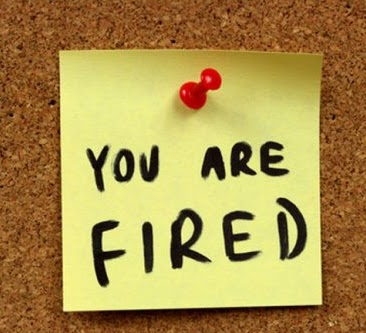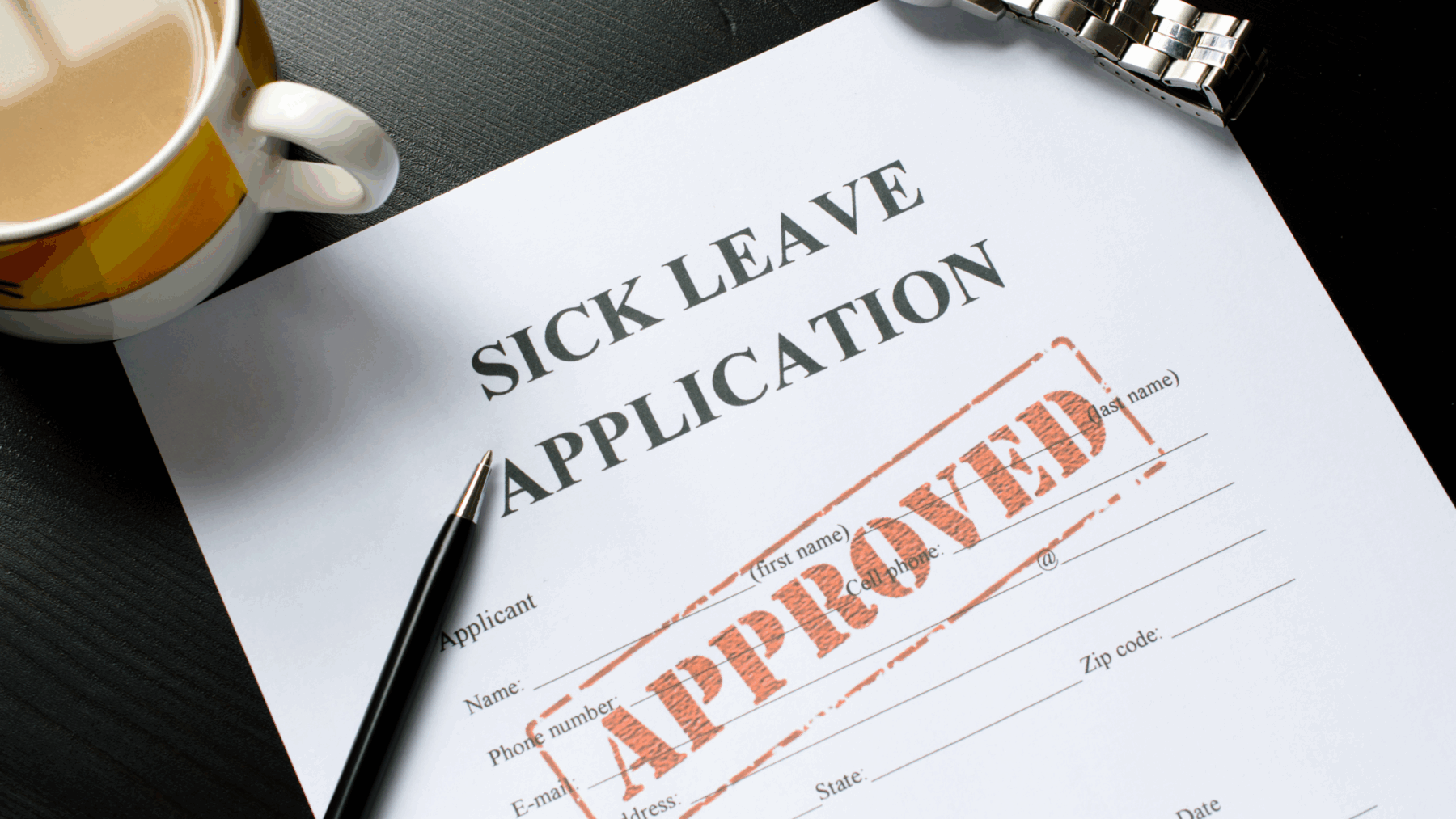 A fired employee can experience a wide range of emotions following dismissal: sadness at the loss of financial security and relationships with his colleagues; fear at the prospect of searching for a new job; and confusion about why she was fired in the first place. Another common reaction following termination is anger, which is typically directed at the former employer. That anger is often expressed in statements like “How could they?!” and “It’s not fair, after all I’ve done for them!”, and a desire to make the employer pay…literally.
A fired employee can experience a wide range of emotions following dismissal: sadness at the loss of financial security and relationships with his colleagues; fear at the prospect of searching for a new job; and confusion about why she was fired in the first place. Another common reaction following termination is anger, which is typically directed at the former employer. That anger is often expressed in statements like “How could they?!” and “It’s not fair, after all I’ve done for them!”, and a desire to make the employer pay…literally.
As hard as it may be for some employees to believe, however, an employer hasn’t done anything “wrong” merely by virtue of firing them. Under Canadian employment law, assuming there is no written contract in place limiting the employee’s entitlements on termination, an employer can dismiss an employee at any time without cause so long as the employer gives her reasonable notice of termination, or pay in lieu of such notice often called severance. How much notice, or pay, is “reasonable” will vary depending on the employee’s circumstances (a topic for another day).
But what about when an employee believes he was wrongly treated by his employer in the firing process? Will an employer face additional liability for mistreating the employee at the time of termination? Possibly.
Under the law, an employer has an obligation to act fairly and in good faith when firing an employee. If, in the course of firing, an employer treats an employee in a malicious, oppressive or high-handed manner, the employee may be entitled to something called “punitive damages”.
As the term suggests, the purpose of a punitive damages award is to punish the employer, rather than compensate the employee. For a dismissal to attract punitive damages, the employer must have engaged in conduct that was “harsh, vindictive, reprehensible and malicious”, as well as “extreme in its nature and such that by any reasonable standard it is deserving of full condemnation and punishment”.
A high threshold indeed. Not surprisingly, punitive damages awards are relatively rare in Canada. However, they are certainly not unheard of – in fact, the BC Supreme Court recently awarded one of our employee clients $50,000 in punitive damages after her employer conducted a haphazard workplace investigation and treated her unfairly and in an unduly insensitive manner in the course of her dismissal.
So how far does an employer have to go before it is at risk of a punitive damages award? Here are just a few examples of employer conduct that can lead to this type of liability:
- Prior to hiring the employee, the employer misrepresents to her important aspects of the employment relationship, such as job security, to convince her to relocate, leave secure employment and/or accept employment, then later fires her.
- The employer fabricates grounds for just cause for termination, maintains unfounded allegations of cause, or treats an employee in a humiliating manner.
- The employer requires the employee to resign before giving him a reference letter.
- The employer utilizes “hardball” tactics to intimidate the employee into withdrawing or settling his wrongful dismissal suit, such as withholding money the employer owes the employee under the Employment Standards Act.
Assuming a court finds that punitive damages are warranted, how will the judge assign a dollar value to the employer’s punishment? Here are some questions the Canadian courts have considered in assessing a punitive damages award:
- Was the misconduct planned and deliberate?
- What was the employer’s intent and motive?
- Did the employer persist in the outrageous conduct over a lengthy period of time?
- Did the employer conceal or try to cover up its misconduct?
- Has the employer suffered other punishment for the misconduct in question?
Lesson for Employees
It is natural and normal to experience a wide range of painful emotions when you get fired. However, it can be helpful to take some time following dismissal to reflect on whether yours are the typical feelings that follow job loss, or whether your suffering is a result of the harsh and insensitive way you were treated by your employer at the end of the employment relationship. Given the high threshold for awarding punitive damages, employees are well advised to seek legal advice before claiming such amounts from their former employer.
Lesson for Employers
When the decision to terminate has been made, there is often a desire to sever the employment relationship as quickly as possible so that both parties can move on. However, it is important for employers to remember that dismissal is usually an upsetting, stressful event for the fired employee. Employers are encouraged to establish policies and practices relating to termination that will ensure that an employee is treated sensitively and with respect in the course of dismissal. One option is to include an offer of psychological or outplacement/career counselling to provide the employee with emotional support as he undergoes his job transition.
Have questions about a dismissal? Contact us!


